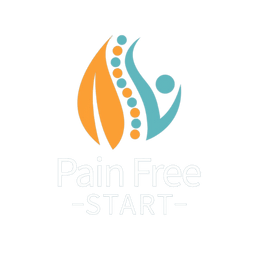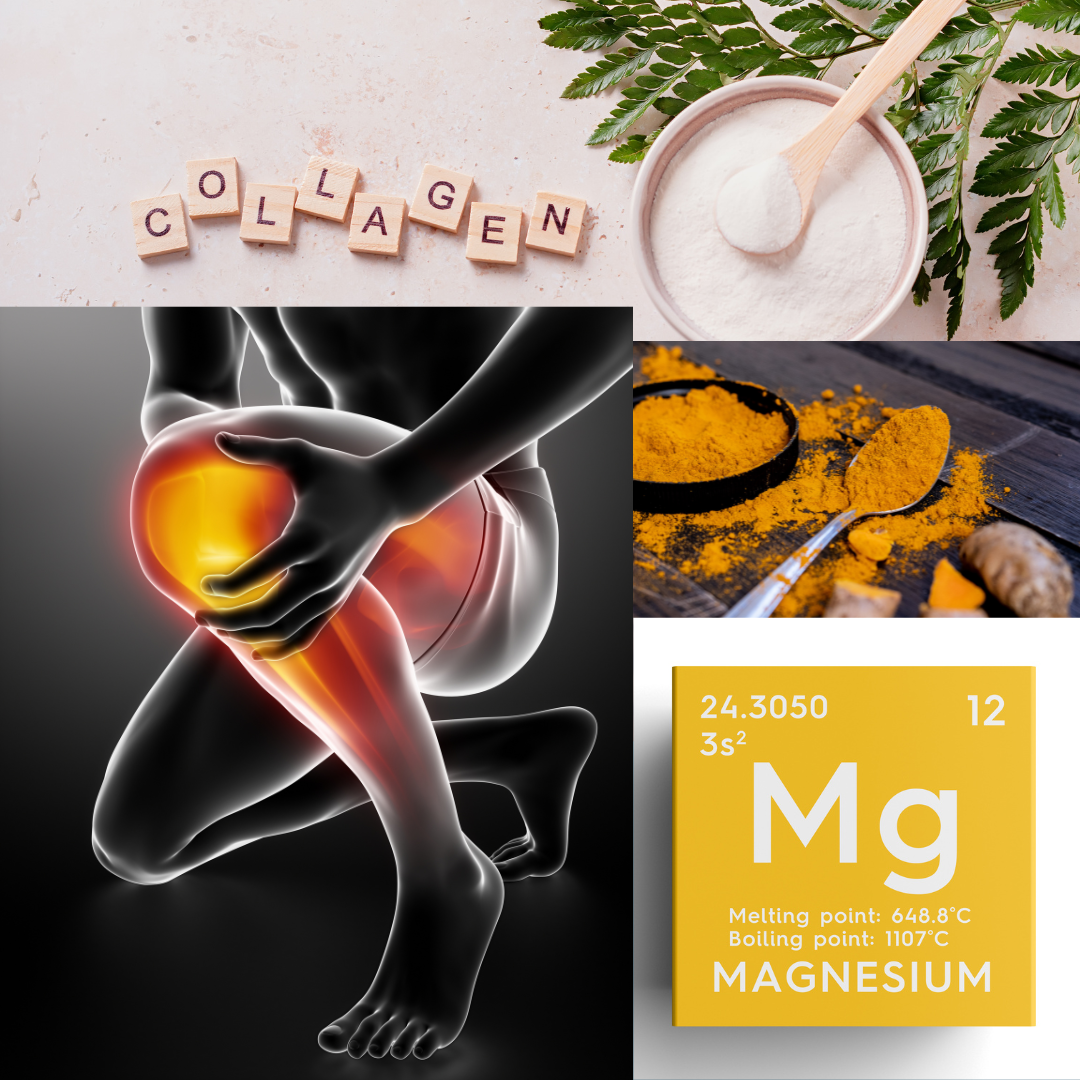As a physio, I see sore knees every single day — from creaky arthritic joints to post-op knees struggling to bounce back, to runners battling flare-ups.
And while nothing beats good rehab and smart movement, certain supplements can help support joint health, ease inflammation, and promote recovery — if you choose the right ones.
Here’s a breakdown of the most evidence-backed options I recommend to patients — and which might be best for your type of knee pain.
1. Collagen – For Structural Support and Repair
If your knees are feeling stiff, crunchy, or just “not what they used to be,” collagen is worth a look. It’s the key protein that helps build and maintain cartilage, ligaments, and joint lining — and we naturally produce less as we age.
What the science says:
- Hydrolysed collagen (especially Type II) has been shown to reduce pain and improve function in people with osteoarthritis, joint wear-and-tear, and even in active exercisers.
- Effects tend to show after 12+ weeks of daily use.
- Works even better when taken with vitamin C (important for collagen synthesis).
Best for:
- Arthritic knees
- Long-term joint degeneration
- Active people doing high-impact or resistance exercise
Best form to look for:
- Hydrolysed collagen peptides
- With added vitamin C (or take alongside it)
- This product ticks all the boxes – £14.99
2. Magnesium – For Muscle Tension, Sleep and Nervous System Support
Tight muscles pulling on the knee? Poor recovery? Magnesium is one of the most common deficiencies — and it plays a huge role in muscle relaxation, nerve function, and inflammation regulation.
What the science says:
- Magnesium deficiency has been linked to increased pain sensitivity, restless legs, and poor-quality sleep — all of which can worsen knee pain.
- It can help ease cramps, spasms, and stress-related tension (which often shows up around the knees and hips).
- May also support nervous system down-regulation for people dealing with chronic pain.
Best for:
- Muscle tightness around the knees
- Poor sleep or stress
- Fibromyalgia or nervous system-linked pain
Best form to look for:
- Magnesium glycinate or citrate
- Avoid magnesium oxide (poor absorption)
- This product ticks all the boxes – £7.99
3. Turmeric/Curcumin – For Inflammation and Flare-Ups
If your knee pain gets worse with inflammation — like after activity or with arthritis — turmeric might help. Its active compound, curcumin, has been shown to reduce inflammatory markers and knee pain.
What the science says:
- Some studies show curcumin is as effective as ibuprofen for osteoarthritis — without the gut side effects.
- Needs to be highly absorbable (standard turmeric powder won’t cut it).
- Works best taken daily, not just during flare-ups.
Best for:
- Inflammatory arthritis
- Flare-ups after overuse
- Stiff, swollen, or warm knees
Best form to look for:
- High curcuminoid content
- With black pepper (Bioperine) or in phytosome form (like Meriva)
- This product ticks all the boxes – £11.95
Supplement Summary Table
| Supplement | Best For | Form to Look For | Caution |
|---|---|---|---|
| Collagen | Arthritic knees, joint wear, active recovery | Hydrolysed peptides + Vitamin C | Needs daily use for 12+ weeks |
| Magnesium | Tight muscles, poor sleep, stress pain | Glycinate or citrate | Too much = loose bowels |
| Turmeric/Curcumin | Inflammatory pain, flare-ups | With Bioperine or phytosome | May interact with blood thinners |
Final Thoughts from a Physio
Supplements aren’t a magic fix — but they can absolutely support your knees when paired with smart strengthening, good sleep, and tailored movement.
If I had to match them to my patients:
- Collagen is great for repair and long-term joint health.
- Magnesium helps when pain is linked to tension, tightness or nervous system overload.
- Turmeric is best for calming inflammation during flare-ups.
And if you’re looking to move better and feel stronger, don’t miss my Free Arthritic Knee Masterclass — it’s helped hundreds of people take control of their pain with clear, gentle, physio-led steps.
👉 Join the free masterclass here
Take care, Helen
Helen Manders BSc (Hons) MCSP HCPC
Chartered Physiotherapist Since 2001
Note: This post contains affiliate links. If you choose to make a purchase, I may earn a small commission at no extra cost to you. Thank you for supporting my work – aimed at supporting you.
Disclaimer: This blog is for general information and should not replace medical advice. Always check with your doctor or health professional



